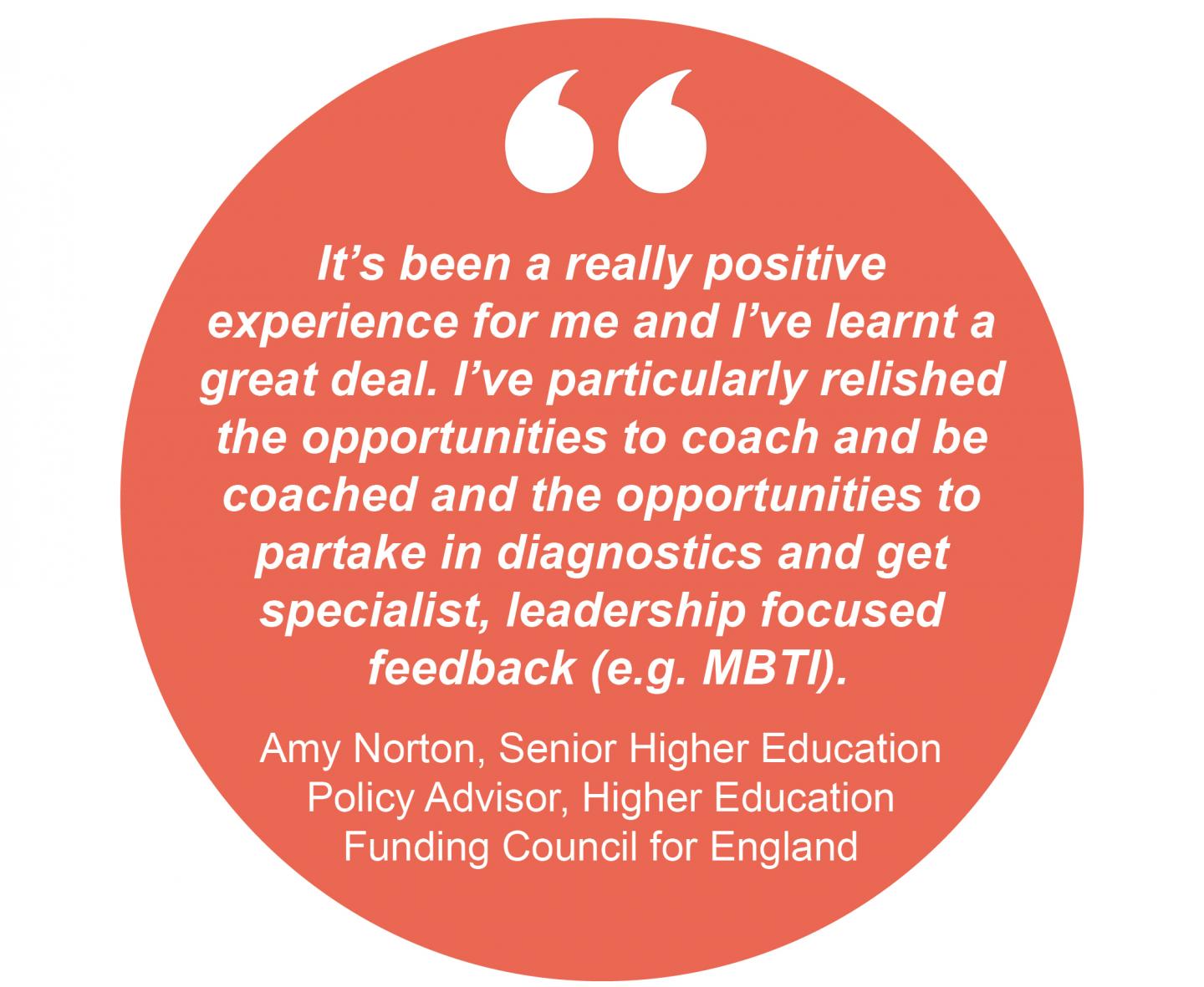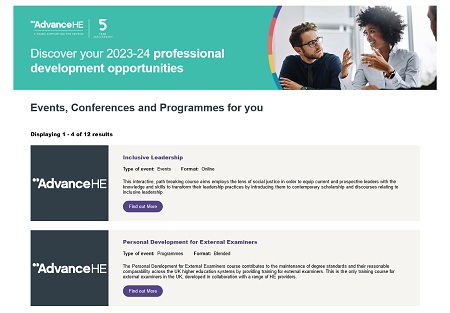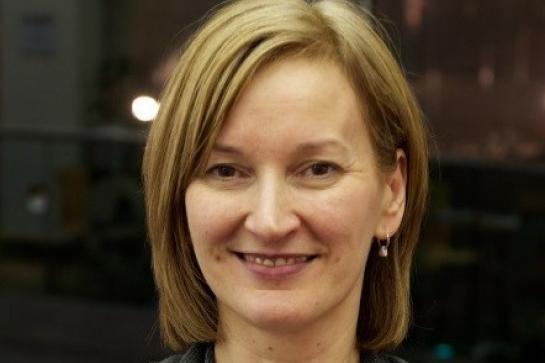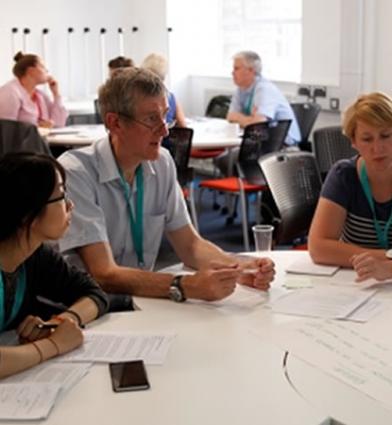
Those entering leadership roles for the first time need to be fully equipped to do so, particularly when those roles involve leading academic teams and colleagues. Transition to Leadership (TTL) is an established programme that has three main themes:
- Personal leadership
- Team leadership and collaborating with others
- Leadership in times of change.
Enquire Now
The Transition to Leadership Programme is fully booked.
We will be launching the new portfolio dates for 2024/25 in May 2024.
Jean Chandler provides an overview of the programme
To find out how the programme has been adapted to the online learning environment and what participants will gain from the programme, we spoke to co-facilitator Jean Chandler:
Enhancing your leadership skills
The Transition to Leadership programme will explore your personal leadership, team, and change leadership approaches within your organisational context. By increasing your self-awareness and exploring how you can influence and inspire others, you will learn new approaches to manage difficult situations, improve colleague engagement and empower change. Transition to Leadership will allow you to develop:
- Your emotional intelligence and influencing behaviours as a positive leadership role model
- An understanding of leadership styles and skills and apply this learning to your own context and sense of identity as a leader
- Your relational skills, to support achievement by others that you work with
- Your capabilities as a team leader and builder, to optimise your team or project groups performance
- Your role in enabling and empowering organisational change
- Your self-awareness and reflective practice

Who is Transition to Leadership for?
The Transition to Leadership programme is for both academic and professional services colleagues to enable a mixture of experiences and roles, to enable participants to gain insights into the workings of their organisation.
For academics, you may be a senior lecturer or reader, or moving from an informal to a more formal leadership role, for example from module to programme leadership, or to a school or faculty-wide leadership role.
For professional services colleagues, you may be building on your experience as a manager or section head and are looking to expand your leadership influence beyond your immediate functional team, both within and beyond your division.
How is the programme delivered?
The programme is delivered over a period of 4-5 months. You can expect to spend up to 3 hours between modules, in addition to 3-hour workshops.
There are 6 x 3 hour long workshops, held approximately 3 weeks apart. You will be invited to prepare for each workshop. This preparation is likely to take up to 1 hour and may include completing a diagnostic or self-assessment, reading, structured self-reflection or other activities to support your personal insight and learning. Electronic copies of any slides and materials will be provided to all participants in advance of each workshop.
Between each module, there will be 5 x 1 hour long self-organised action learning peer groups. These will be scheduled in the Introduction workshop at mutually convenient times for group members. In workshop 1, participants will be introduced to a model for action learning, which will be used as a structure for peer group sessions.
TTL is digitally recognised and will provide attendees will a certificate of learning.
The focus areas of individual modules can be found below:
Workshop 1
Context and culture
Purpose and alignment
Power and leadership
Workshop 2
Value and motivation
Emotional intelligence
Leadership styles
Workshop 3
Relationships and networks
Collaboration
Influence and empowerment
Workshop 4
Group in the individual
Decision making and taking
Participation
Workshop 5
Complex systems
Well-being
People change
Workshop 6
Personal change
Reflective practice
Goal setting
How to apply
To book a link please follow the booking link above or contact programmes@advance-he.ac.uk for more information.
Plan your professional development for 2023-24 using our NEW Development Planner
Whether you are looking to enhance your practice, share insights or identify the next step in your professional development, by answering only a few short questions our new Development Planner will guide you to a range of development opportunities that meet your requirements. Try it today.

Facilitators
My learning experiences - transitioning to senior management
Ruth Seabrook
Making the transition from Head of Partnership to a senior leadership role for the Secondary PGCE programme at the University of Roehampton, Ruth Seabrook shares her thoughts on Advance HE's Transition to Leadership course she attended and the benefits gained since.




